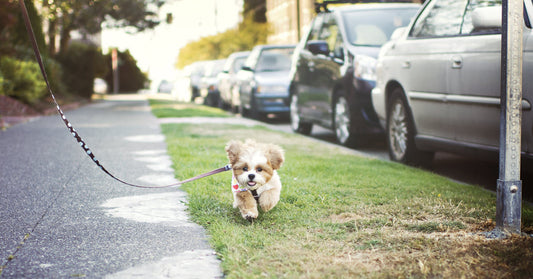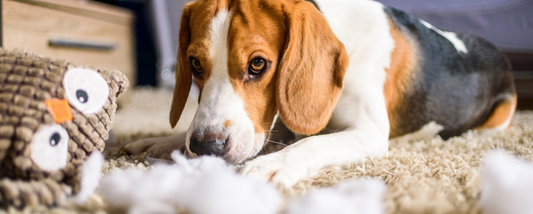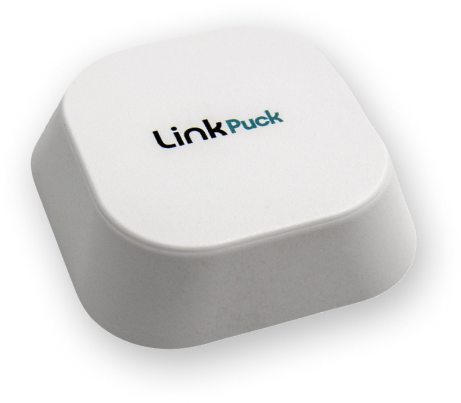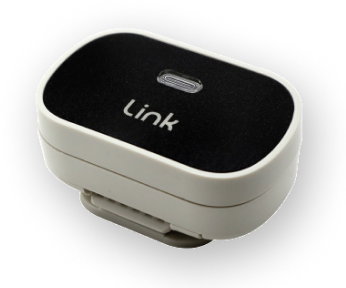Move over, Pavlov! A new study published in the journal Social, Cognitive, and Affective Neuroscience says—you’ve been training your dog wrong this whole time! Well, not exactly. Although treat-based training is a tried and true method, the results of the new study from Emory University strongly suggest that praise is actually a dog’s preferred reward method.
Scientists believe that dogs’ “hypersocial” relationship with humans make praise a higher value reward than food. The new findings are causing a bit of a split between two schools of thought. In a press release announcing the new findings, Emory University neuroscientist and lead author Gregory Berns explains "One theory about dogs is that they are primarily Pavlovian machines: They just want food and their owners are simply the means to get it. Another, more current, view of their behavior is that dogs value human contact in and of itself."
Translation: dogs value our attention more than anything on earth— even chicken!
This innovative new study tested 15 dogs in 100 separate trials using a combination of brain imaging data and behavioral experiments. At the end of the trials, only two hungry puppies showed a preference for food, while the remaining 13 preferred praise, or in a few cases, enjoyed both equally.
The most telling behavioral experiment involved a Y-shaped maze. At one end, a delicious bowl of food. At the other, their owner’s smiling face. In this particular experiment, a whopping 80-90% chose their best friend (#ChooseLove).

Give extra attention and love following your verbal commands.
What does this new science mean for you? Well, if you’ve relied solely on treats to teach your old dog new tricks you may be barking up the wrong tree. Changing your body language from stern to excited or altering your voice from flat to happy can create a powerful change in your dog’s demeanor. Petting, belly rubs, and doggy massages are also effective and calorie-free forms of praise that could be just what your best friend needs to nail that new trick or behavior.
As always, timing is important. Make sure to shower your dog with praise at the exact moment he demonstrates the behavior you’re looking for. For example, the second he hands you his little paw be ready with a bright and happy “good boy!” With a little bit of practice, your dog will start associating extra attention and love with following your verbal commands. And when praise becomes a reward in and of itself, it’s virtually impossible to run out of it.
Got it? Good girl! Share your tips for treat-less training in the comments. We’d love to hear about your experiences.





